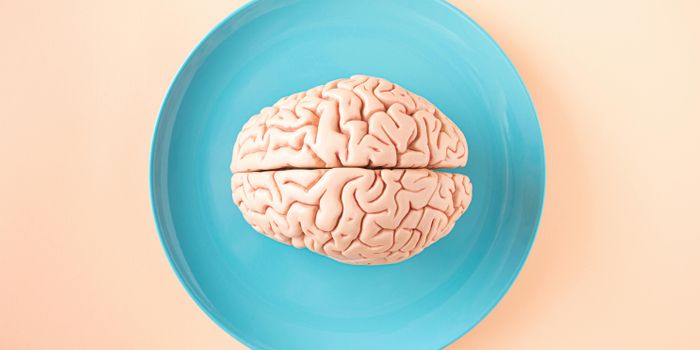Depression Linked to 19% Lower Taurine Levels in the Hippocampus
Young women with depression are more likely to have lower levels of taurine in their hippocampus than healthy controls. The corresponding study was published in Biological Psychiatry.
Between 2013 and 2016, women were almost twice as likely than men to have depression in the US: while 10.4% of women had the condition, the same was true for 5.5% of men. Causes of MDD are currently thought to include monoamine deficiency, hypothalamic-pituitary-adrenal (HPA) axis changes, inflammation, environmental factors, and diminished brain-derived neurotrophic factor (BDNF). Experimental treatments for depression may thus target one of many of these potential causes.
Studies show that taurine has an antidepressant effect on animals. One study, for example, found that rats injected with taurine seven days before and 28 during exposure to chronic unpredictable mild stress reversed depression-like behaviors, restored levels of hormones and neurotransmitters in the hippocampus and blood, and increased BDNF expression in the hippocampus.
There have been few, if any, in vivo studies investigating differential levels of taurine in the human brain for MDD. The researchers in the present study thus sought to change this. To do so, they recruited two groups of female participants aged 19 to 29 years old. Among them, 36 had MDD but were unmedicated, and 40 were healthy controls.
The researchers used magnetic resonance spectroscopy at 7T (7T MRI) to assess the concentration of seven metabolites including taurine, choline, creatine, and glutamate in various regions of the women's brains. Ultimately, they found that participants with MDD had a 19% lower concentration of taurine in their hippocampus than healthy controls.
The researchers noted that it remains unclear how taurine in the hippocampus relates to MDD and whether its deficiency is a cause or effect of the condition. They nevertheless noted that three possibilities likely exist; the first being that taurine may have an inhibitory role in the hippocampus, and the second is that it may play a role in the biosynthesis of other neurotransmitters, such as GABA and serotonin, that affect mood regulation. The third possibility they noted is that taurine has antioxidant and neurogenetic properties that may reduce inflammation and damage to the hippocampus from chronic stress.
Lead author of the study, Dr. Jee-Hyun Cho of Korea Basic Science Institute, said in a press release, “This study will promote research on the role of taurine in the hippocampus and its relationship with depression, and contribute to the pathogenesis research and diagnosis development of depression.”
“By using KBSI’s cutting-edge research equipment, we plan to conduct follow-up research on changes of taurine concentrations in the brain via long-term observation of depression patients, as well as the effect of taurine intake as a treatment for depression,” she concluded.
Sources: Neuroscience News, Biological Psychiatry









